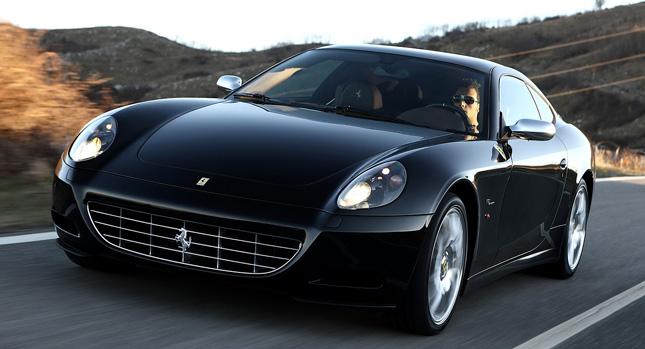Platform sharing is nothing new in the automotive world. Everyone does it as it enables companies to reduce development costs across the board. For example, if it weren’t for the VW Touareg, Porsche probably wouldn’t have the means to develop the model that effectively made it a cash cow: the Cayenne.
And truth to be said, most of the times, your average buyer doesn’t know what’s hiding under the sheetmetal nor if the vehicle in question is identical in many ways to a model bearing a different badge, because what he or she sees and feels are indeed different.
 The trouble starts when carmakers engage in blatant badge engineering, simply placing a different grille and a new logo on the steering wheel and calling it something else.
The trouble starts when carmakers engage in blatant badge engineering, simply placing a different grille and a new logo on the steering wheel and calling it something else.
And that’s where the problem lies for Fiat and Chrysler. The automotive alliance recently revealed a trio of Lancia models in Europe: the Thema sedan, Flavia Cabrio and the Voyager MPV, which are nothing more than rebadged versions of the Chrysler 300, 200 Convertible and Town & Country respectively.
The group’s CEO, Sergio Marchionne, knows that this is nothing but a stop-gap solution – even if another badge-engineering product, the Fiat Freemont, has received 18,000 orders since June, or more than double than the Dodge Journey’s best-ever year in 2009 when it sold 8,300 units.
That’s why Marchionne, who is determined to merge the two groups into one efficient, profit-making organization, is pulling out all the stops in his effort to make Chrysler and sister company Lancia successful, with a goal of doubling their combined annual sales by 2014.
To achieve this, Marchionne intends to use a man that has spearheaded the design of several Ferrari and Maserati models in the last two decades, Lorenzo Ramaciotti.
Now, don’t start jumping from joy and think that you’ll soon be buying discounted Chrysler-badged California roadsters at Walmart, nor should you lament the loss of the most coveted car maker in the world: rest assured that the Prancing Horse remains independent – and, sadly, out of most mere mortals’ reach…
Marchionne counts on the 63-year old designer, who was lured out of retirement in 2007 to become the new Group Chief of Design at Fiat Group Automobiles, to make Chrysler and Lancia models appealing both to American and European car buyers.
Ramaciotti spent more than 30 years with Pininfarina and overlooked the designing of some of the most beautiful Ferraris including the 550 Maranello, 360 Modena, Enzo, F430 and 612 Scaglietti. He is also responsible for the styling of the Maserati Kubang SUV that was displayed in show car form at the recent Frankfurt motor show.
Ramaciotti understands his mission perfectly: “We don’t want to do pure badge-engineering; it has never worked well in the long run. We should be global in sharing platforms and strategies without dulling the product line.”
He also acknowledges the biggest hurdle that he and his teams in Detroit and Turin have to face is how to create a design language that can fit both brands and at the same time be able to evolve as new products are introduced into their line-ups.
“We are trying to find an international language, which could have a place both here in Italy and in the U.S.,” Ramaciotti said in an interview in Turin. “If you put all the models into the showroom, they must fit together. It’s a delicate problem.”
According to Ramaciotti, the Chrysler-Lancia tie-up is going to be the exception, rather than the rule, in the group. The rest of the brands, including Dodge, Jeep, Alfa Romeo and Maserati, will retain their unique American or Italian identities, no matter where they’re made or sold.
Story References: Businessweek
PHOTO GALLERY








































